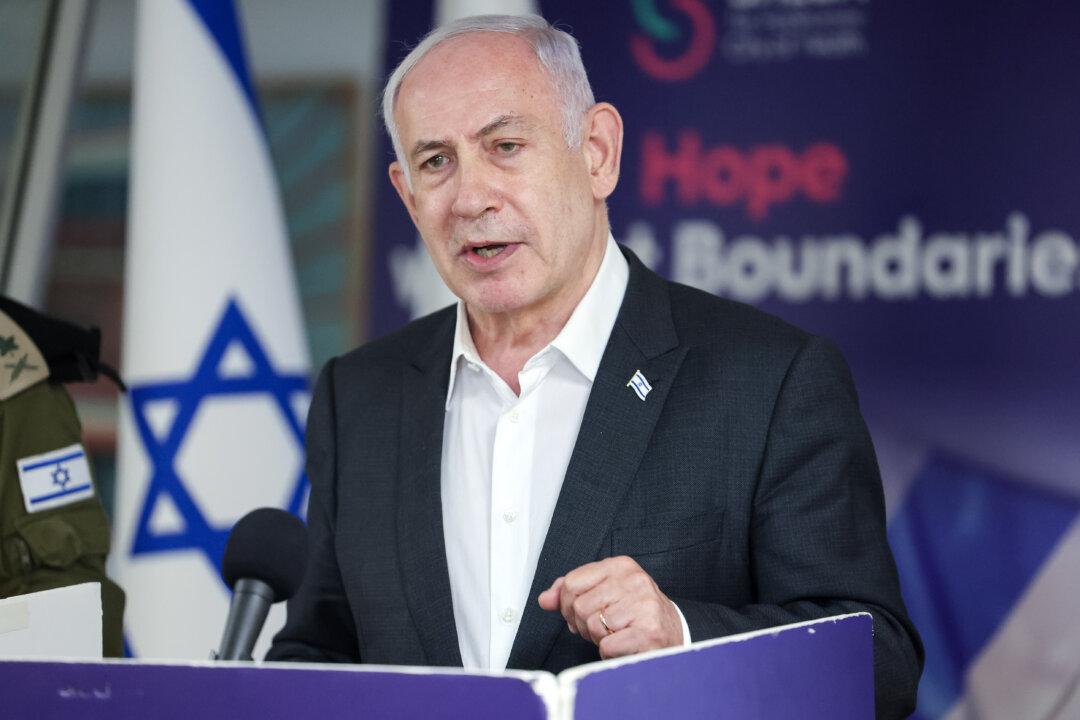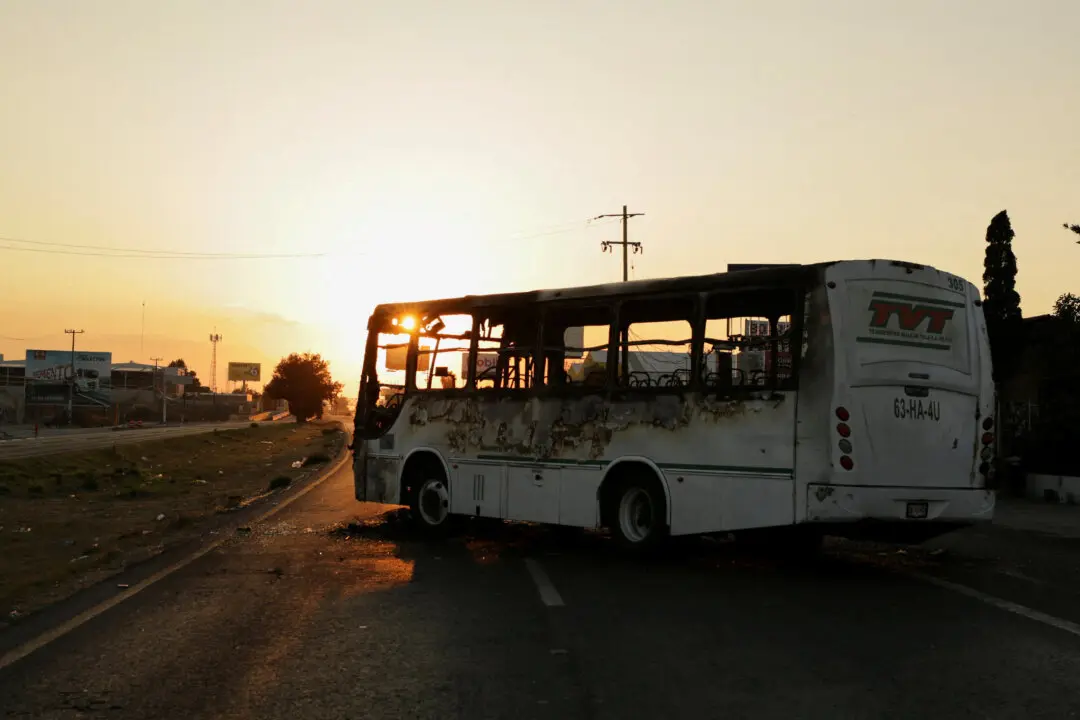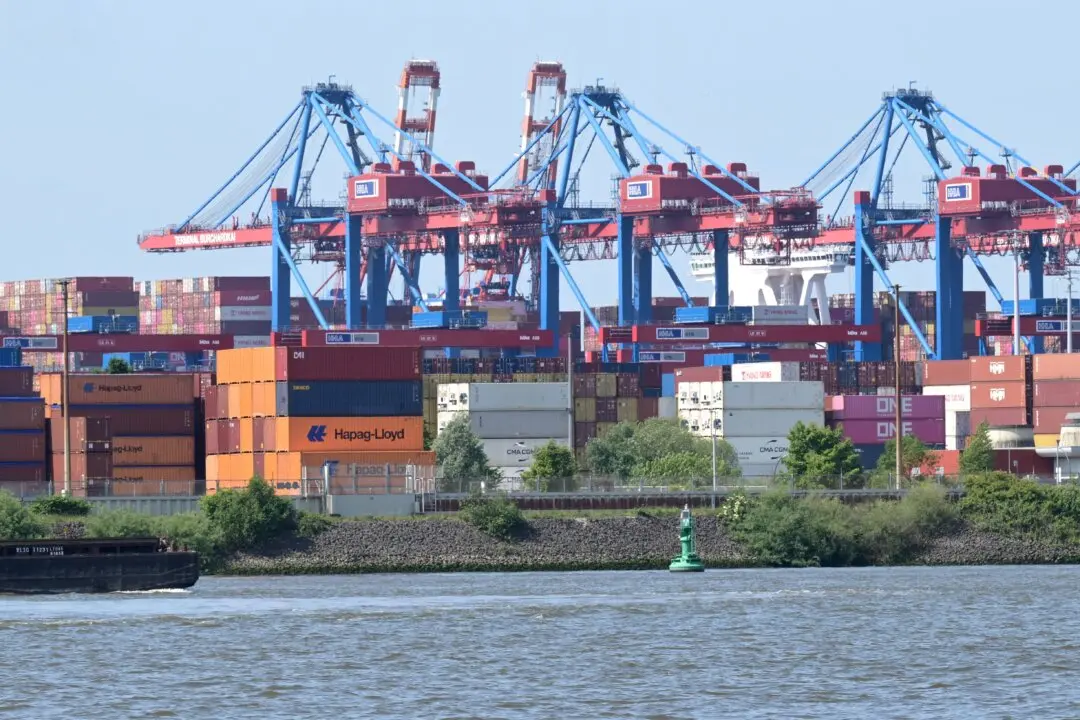Israeli Prime Minister Benjamin Netanyahu said on June 24 that the current phase of the war against Hamas in Gaza is nearly over and that some Israeli troops in Rafah will be redeployed to Israel’s northern border with Lebanon, where fighting with the Iran-backed Hezbollah has escalated.
During an interview with Israeli broadcaster Now 14, also known as Channel 14, on June 23, Mr. Netanyahu said that after the current phase in Gaza is finished, Israel will have the possibility of transferring some of its forces north and that it “will do that.”





